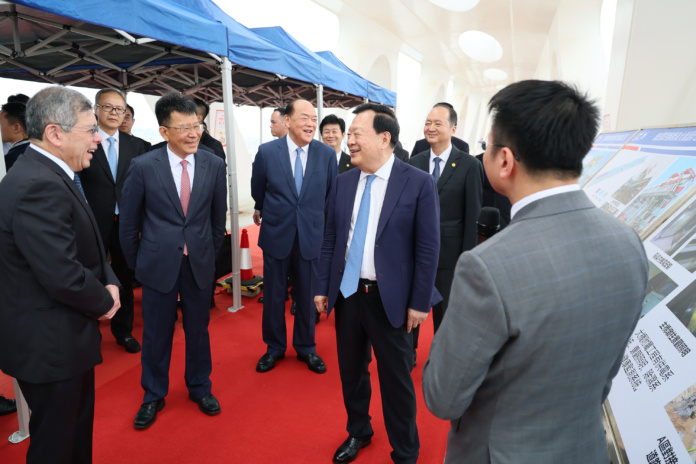Judging from the content of Xia Baolong’s ongoing 7-day visit to Macau from May 13 to 19, and analyzing his recent remarks on both Hong Kong and Macau, it appears that the central authorities have been adopting a proactive approach to managing the two special administrative regions, with economically and politically significant similarities.
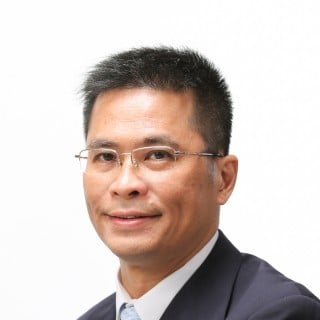
First, the 7-day inspection study of Xia’s visit to Macau began with his tour of the Hong Kong-Macau Zhuhai Bridge and the fourth bridge linking the Macau Peninsula with Taipa Island. This visit was politically significant because, during his February 2024 visit to Hong Kong, Xia went first to inspect the international airport at Chek Lap Kok. The significant similarity between his visits to Hong Kong and Macau was that infrastructure projects and development are economically important to both Special Administrative Regions (SARs). Infrastructure projects are extremely important for the mainland to integrate the two cities into the Greater Bay Area (GBA) – a similar pattern that can also be seen in the ongoing bridge construction linking Fujian province with Kinmen in the coming years. In other words, infrastructure projects are the indispensable tool for mainland China to facilitate the process of socio-economic and political integration between Hong Kong and Macau, as well as Taiwan, and the mainland.
Second, Xia’s first day of his visit was characterised by his meeting with the core members of the Macau Executive Council, Legislative Assembly, and Judiciary. These moves were parallel to his visit to Hong Kong, where he also met the elites of the Executive Council, Legislative Council, and judiciary. In a sense, his meetings with the core political and judicial elites brought out a message in how the central authorities see the three branches of the government of Macau and Hong Kong, namely, that the three powers of executive, legislature, and judiciary are well positioned, together with an executive-led government and the phenomenon of judicial independence, whereas the executive and legislative branches are working with each other while having some degree of mutual checks and balances. It does not mean, however, that Macau and Hong Kong have a western style of separation of powers; the two cities have their own special “one country, two systems” arrangement in which the executive-led nature of the government is checked by the judiciary and the legislature, while the legislature is expected to work with the executive harmoniously instead of confrontationally.
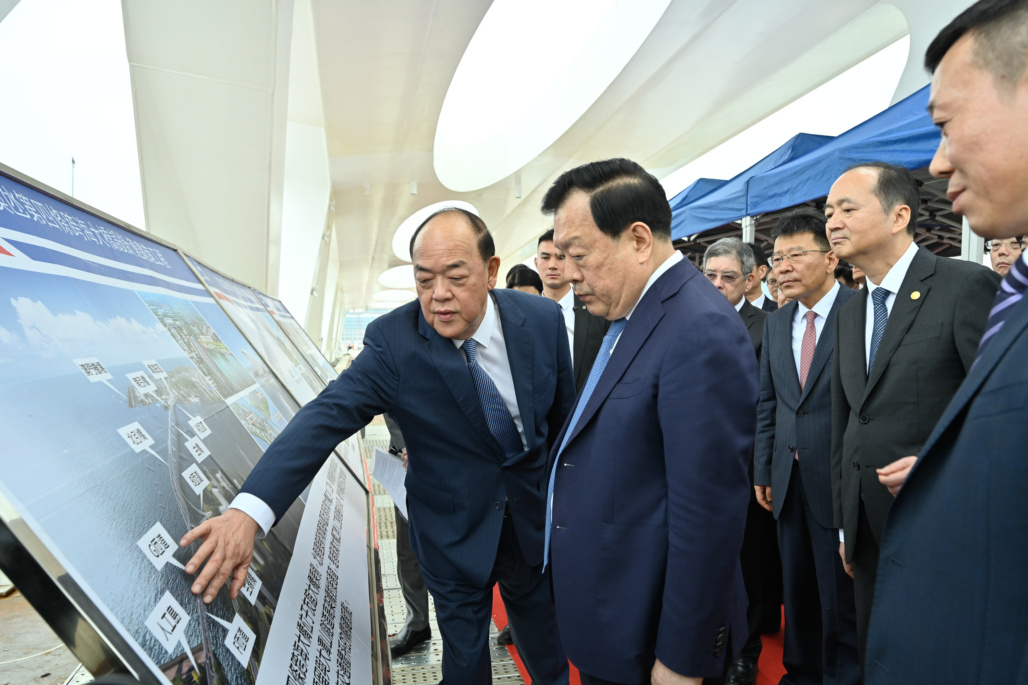
Third, while Xia’s visit to Hong Kong met the business elites and international businesspeople, his inspection study in Macau also met the business elites and entrepreneurs. He delivered a speech to the Macau Chinese Chamber of Commerce that was significant in several aspects. He said that the central government fully supports the Chief Executive and the Macau SAG government to lead society, that Macau enjoys socio-economic stability with economic diversification, and that Macau is an international city. The message he gave was clear: Macau, as with Hong Kong, should project itself as a unique international city, utilising the advantages of the central government’s support of “one country, two systems.” After Xia’s recent visit to Hong Kong, the central government has increased the scope of mainland tourists from fifty-one cities to fifty-nine cities for the sake of boosting the economies of Macau and Hong Kong. Both Macau and Hong Kong have been suffering from a huge outpour of locals to Zhuhai and Shenzhen during weekends, and because of having more mainland tourists, it is hoped that the economies of Macau and Hong Kong can be rescued and will take a turn for the better. The good intentions of the central government are consistent in the cases of both Macau and Hong Kong.
Fourth, Xia’s visit to Macau lasted for seven days – the same situation could be seen in his last visit to Hong Kong, implying that the central authorities treat both SARs equally without perpetuating the old image of any “big Hong Kong, small Macau.” From now on, both Macau and Hong Kong are treated equally with their unique divisions of labour, with Macau focusing on its role as a “para-diplomatic” platform for mainland China to enhance its relations with Portuguese-speaking countries and countries in the European Union and Southeast Asia. Hong Kong remains an international financial and monetary centre with its global connections and common law system, playing its role as a “super-connector” in terms of economic and trade relations with other countries in the world.
Fifth, Xia’s speech delivered during his meeting with the business elites in Macau pointed to a critical issue of how the central authorities augmented the physical space of Macau. He said that when Macau was administratively returned by Portugal to China in 1999, its area was only 21.45 square kilometres, but Macau’s area has recently increased further after the central government has allowed 33.3 square kilometres of land reclamation, conferred 85 square kilometres of waters to Macau, and integrated 224.76 square kilometres of Hengqin with Macau. As a result, Macau’s physical space has expanded tremendously, creating more space for socio-economic development—an unprecedented experiment, even unrivalled in Hong Kong.
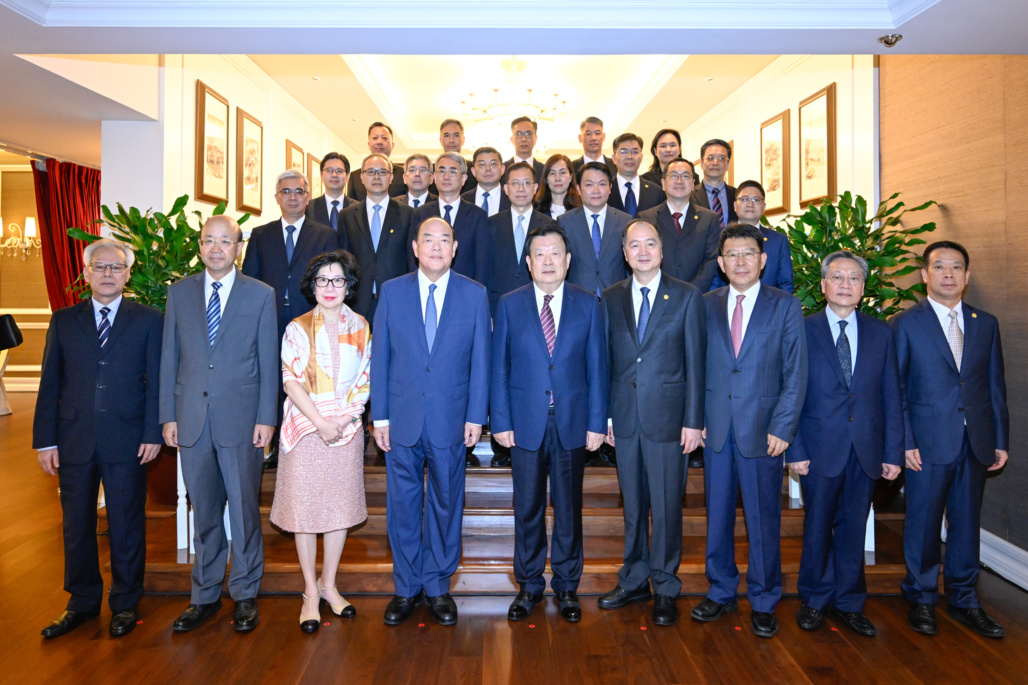
Sixth, Xia pointed to the autonomy of Macau, which has trade relations with some 120 countries, and enjoys visa-free entry for its residents to 145 countries and places. In a sense, both Macau and Hong Kong enjoy some degree of external autonomy allowed by the central authorities in Beijing—another distinctive feature of the “one country, two systems” in the two SAPRs.
Seventh, Xia paid attention to the youths in both Macau and Hong Kong, appealing to them to integrate with the mainland, develop their patriotic sentiment, and help the SARs develop innovation and technology. Xia’s visits to the University of Macau and the Macau University of Science and Technology were significant, as the two universities have risen prominently in international ranking and research productivity.
Eighth, Xia’s visit to the Macau New Neighbourhood in Hengqin was accompanied by his inspection to women associations, kaifong associations, labour unions, overseas Chinese associations, and the Macau Medical Centre of Beijing Union Medical College Hospital. All these visits were carefully arranged, illustrating the profound sense of the central authorities interest in improving the livelihood and well-being of the Macau people at the grassroots level. His visit to Hong Kong was also characterised by visits to the grassroot-level residents, demonstrating the emphasis of the central authorities on the basic needs of ordinary citizens. If capitalism in Macau and Hong Kong persists, it has to be benign and take into consideration the protection of the interests of lower-income citizens.
Ninth, Xia’s remarks that the central government supports what the Macau Chief Executive and SAR government have done are signalling that it backs up Ho Iat Seng, if he wishes, to run for the Chief Executive election in October. The timing of Xia’s visit to Macau was remarkably interesting, just before the election of the members of the Election Committee in August and prior to the decision of Ho Iat Seng to run in the Chief Executive election or not. Regardless of the final decision of Ho, Xia’s visit and remarks appeared to inject a strong element of confidence into Ho, if he decides to run for another term.
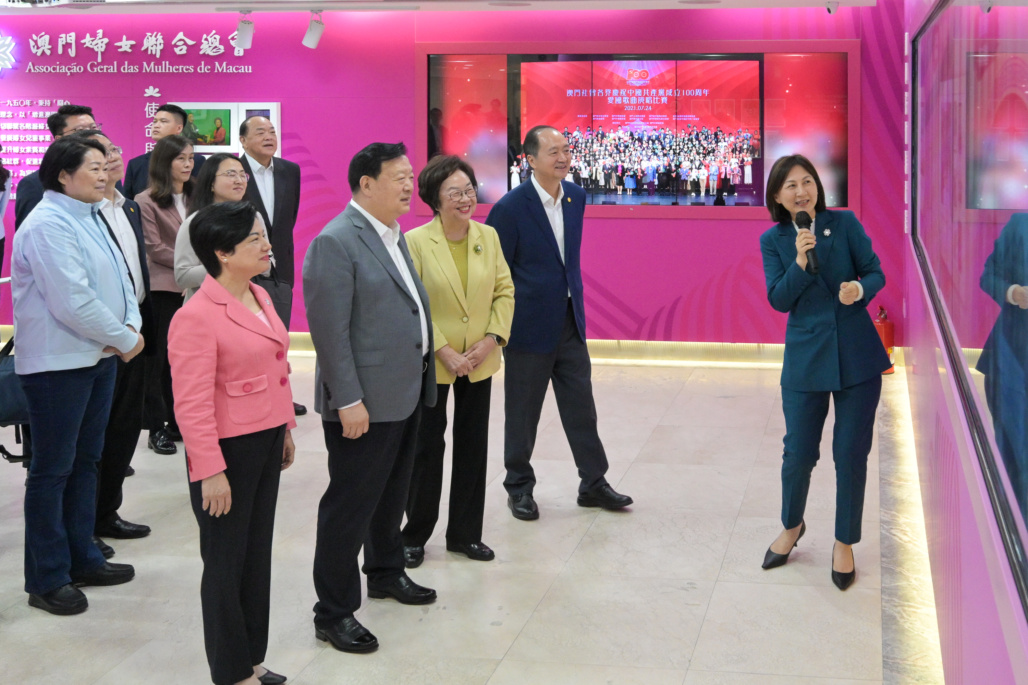
Tenth, Xia’s comments on Macau’s development appear to be more positive than his recent comments on Hong Kong. During a recent meeting in Beijing between Xia and Kevin Yeung, the Hong Kong Secretary for Culture, Sports and Tourism, the former appealed to the latter for making every place in Hong Kong SAR a tourist spot. This comment reflected Xia’s concern about Hong Kong’s ways of managing tourism. The mega-sports events, as recently emphasised by the Hong Kong authorities, have turned out to encounter public criticisms. Xia’s comment on the need for Hong Kong to make every place in the city a tourist spot was an implicit criticism of the ways in which Hong Kong tourist authorities have been managing tourism – a remark that should prompt them to reflect self-critically and innovatively. Xia’s meetings with some Hong Kong secretaries in Beijing, and his visits to Macau, also point to the proactive way central authorities are now managing the development of Hong Kong and Hong Kong – a reflection of the center’s “comprehensive jurisdiction” over the two SARs.
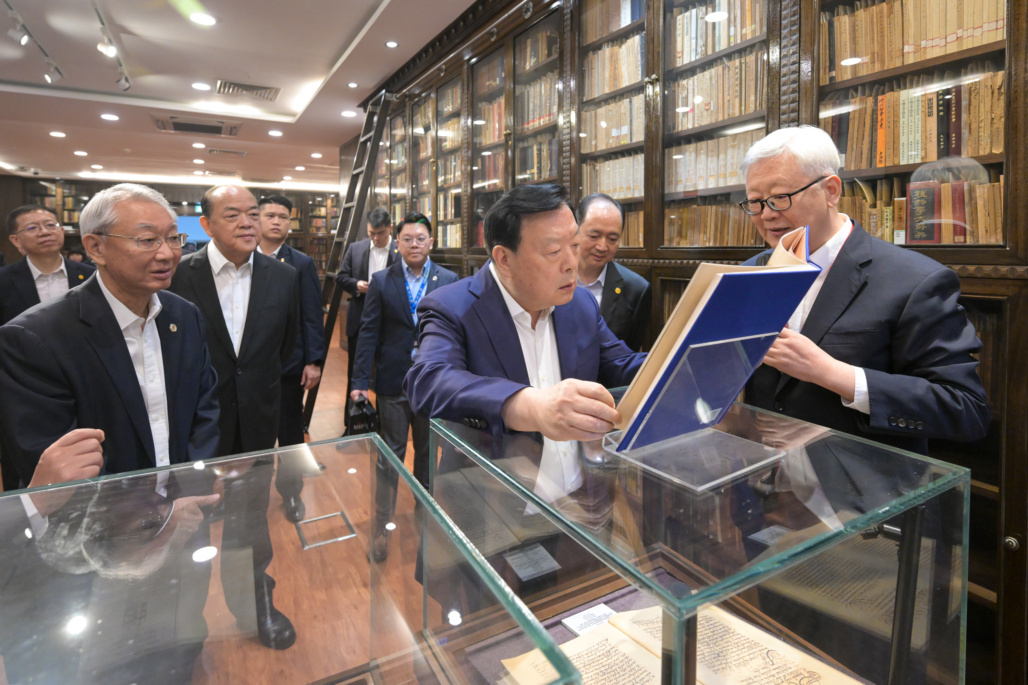
In conclusion, Xia’s visit to Macau had significant similarities with his previous visit to Hong Kong, demonstrating how the Beijing authorities have been adopting central pro-activity on the development of both Macau and Hong Kong. Such central proactivity embraces inspection study visits, open comments, public remarks on the two cities, and direct and explicit policy advice given to the high-level officials of Macau and Hong Kong. Xia’s comments on Macau also paved the way for Ho Iat Seng – if he is willing – to run for the second term in the upcoming Chief Executive election in Macau. The two SARs are portrayed as unique in their models of “one country, two systems,” with Hong Kong being an international financial and monetary centre and Macau as an international tourism hub where deeper economic integration with Hengqin is fostered and where obvious economic diversification from its previously over-reliance on casino-propelled capitalism is accelerated. The two SARs are expected to look after the interests and well-being of residents at the grassroots level, while their three branches of government are characterised by the executive-led nature of the administration and accompanied by judicial independence and harmonious partnerships between the executive and the legislature. Infrastructure projects and development remain the pillar of socio-economic integration between Macau and Hong Kong on the one hand and the mainland on the other, while the cultures of the East meeting the West are retained as a unique feature of the “one country, two systems” in the two capitalist enclaves.
*Sonny Shiu-Hing Lo is a political scientist, veteran commentator, and author of dozens of books and academic articles on Hong Kong, Macau, and Greater China





